HBO’s Dune: Prophecy has a wide and varied cast, but it is primarily the story of Valya and Tula Harkonnen, two sisters from a disgraced House who rise to become powerful figures within the Bene Gesserit Sisterhood. The Dune: Prophecy creative team chose to tell Valya and Tula’s stories both in their present day, with the characters played by Emily Watson and Olivia Williams, and in flashbacks to their childhoods, with the sisters portrayed by Jessica Barden and Emma Canning, respectively. This was an effective storytelling choice that allowed the audience to see just how much Valya and Tula had grown and changed, as well as the events that ultimately shaped who they became as adults.
Game Rant spoke to Emma Canning, who plays the younger Tula Harkonnen, among other cast members of Dune: Prophecy. Canning portrays young Tula as conflicted and survival-focused, seeking revenge against House Atreides for their treatment of the Harkonnens, despite her genuine feelings for potential future leader Orry Atreides. She spoke about developing Tula in tandem with Olivia Williams, the doomed romance between Tula and Orry, Tula’s decision-making process, and more. This transcript has been edited for clarity and brevity.
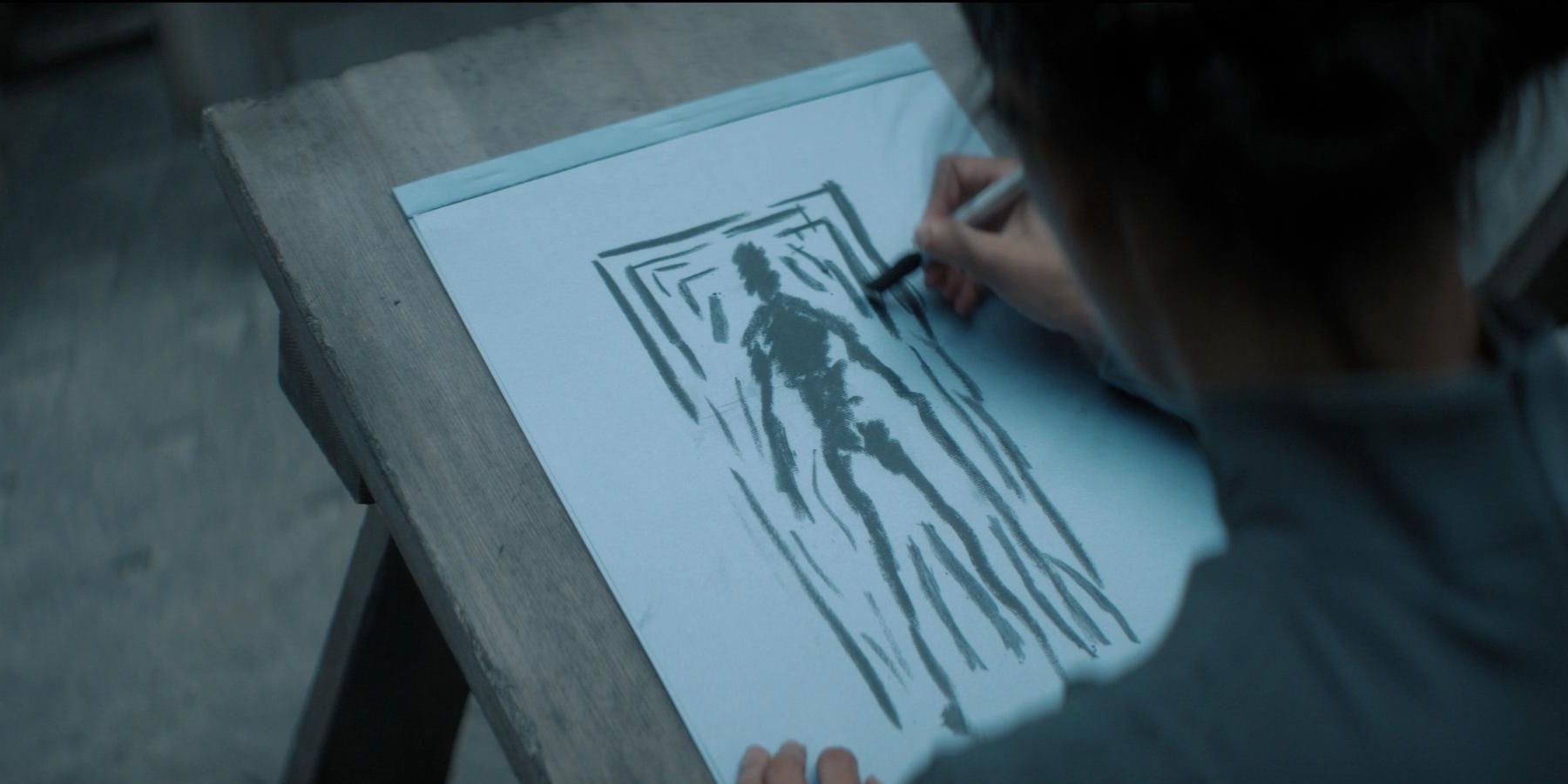
Related
Dune: Prophecy – Is the Sisters’ Shared Nightmare the Origin of the Litany Against Fear?
A key scene in episode four of Dune: Prophecy might give rise to one of Dune’s most famous moments
Emma Canning And Olivia Williams Play Past And Present Tula Harkonnen
Q: You play the younger version of Tula Harkonnen, who is played as an adult by Olivia Williams. What was that process like – did you work with her or was it more separate?
CANNING: I had about two months in the lead-up between being cast and stepping onto the set. And even then, I had about two weeks of prep time. I’m Irish, you know, I’m not using my accent in this. Olivia uses her own accent, and that was really useful. I listened to podcasts of past interviews of hers. I feel very sly saying this. I never told her that I’d been listening to her, but it was useful to hear her intonation and her warmth to get a kind of sense of her. And imagine both myself in the role and her in the role.
Then, I got to Budapest, which is where we were shooting. We got to meet; we got to talk about Tula. It was really good because I’d had time with the scripts alone. She’d been working, she’d been shooting already. You’re so informed once you start playing a character. You really kind of feel that you know them. We were able to meet. We were just talking about family dynamics, talking about her as a character.
Honestly, the biggest takeaway, which was utterly happenstance, was that Olivia is the youngest in her family, whereas I’m the eldest, and I have a brother who I love to pieces. It’s a very different dynamic, so she was just really useful to talk to. I guess I could have talked to anyone who’s the youngest sibling, but the fact is that she was. It was such an important part of Tula’s storyline, being the youngest child and not having much space to occupy because she has these two very outspoken, very colorful, and exuberant older siblings. Then, I also got to see scene packets of some of Olivia’s work, which informed so much. It was kind of through osmosis, and it was really, really useful.
Tula And Orry’s Tragic Doomed Romance
Q: As Tula, you have this amazing arc where you romance Orry Atreides and then turn on him and kill him. What was it like developing a relationship with this character who Tula falls for and then ultimately kills?
CANNING: Milo Callahan, who plays Orry, is a fantastic actor. He’s also a wonderful person. He had a really big challenge of playing this so clean. For him, this is just a love story and, you know, we were really lucky in prep. There’s so little that they used, but we did two weeks together of horse training, of learning how to ride a horse. Through that, I developed a really easy friendship with him and got to talk about that section of the plot. Because it is its own little bubble, we were saying, “This feels like we’re making a short film with Richard.” It felt very small. Intimate. Milo kept saying – “Is this really Dune?”
Richard J. Lewis directed the episode “Sisterhood Above All.”
It was so enclosed in that way. It was wonderful because we developed enough of a friendship that there was real trust there, and Milo, as an actor, is super flexible. He doesn’t do the same thing twice. He’s very open. What we end up seeing in the edit is quite complex – at one moment, it’s this thing, and the next moment, maybe we’re feeling another thing. We had the opportunity to kind of play each of them and really figure out, “What if this scene is just like this?” “What if it’s just like that?”‘
Q: The scene where you tell Orry that you’re a Harkonnen, and he decides to make things work between you despite that – it is so powerful.
CANNING: Oh, yes. It’s beautiful. It’s the surprise of the century for Tula – world-altering. Not something that she had ever considered.
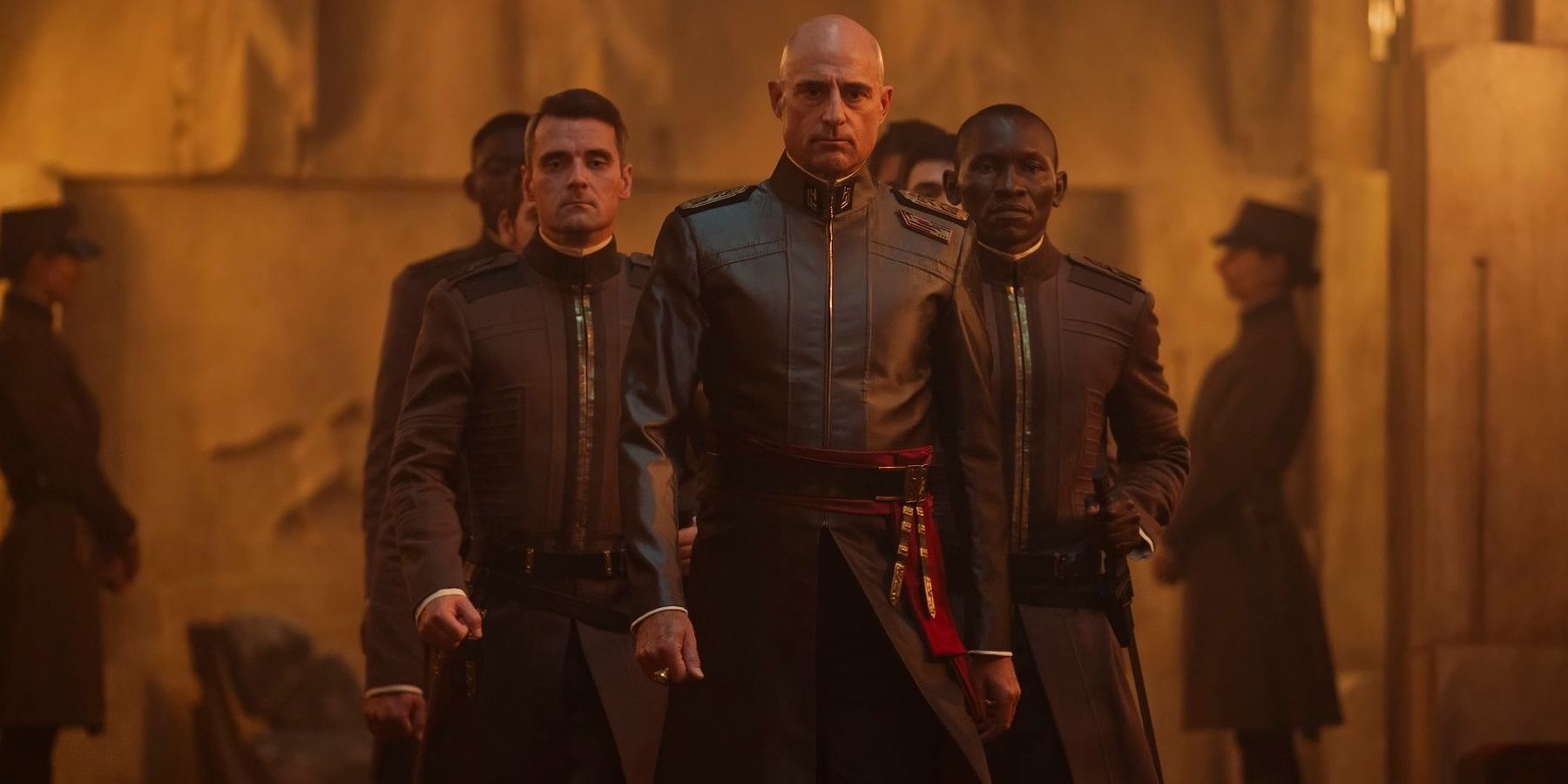
Related
Dune: Prophecy – The Plot Against the Landsraad, Explained
A look at what was behind episode four’s doomed attempt at rebellion
Tula Operates In Survival Mode And Makes Snap Decisions
Q: How do you think Tula is feeling when, even after hearing that from Orry, she does decide to go through with massacring the Atreides?
CANNING: I think it’s so moment-by-moment. She’s just surviving. She’s making snap decisions; I think, even, over the course of the scene. I like the idea that she began that scene saying, “I’m going to sneak off, I’m not going to kill him, I’m going to leave.” Each moment is a surprise, and it’s like: ‘Okay, change tactics.’ Even when she sees her young friend that she made, she’s surprised that he’s still there. It’s a split second – she lets him go. I don’t know how many conscious thoughts were going through her head in that series of events. It’s very feeling-led. It’s, I would say, primal. Survival mode. The aftershocks and the processing come much later, back on the home planet, and then, as we’ll see going forward, once she enters the Bene Gesserit Sisterhood. O course, Olivia’s incredible portrayal has so many levels of processing.
Q: Ultimately, Tula ends up joining her sister Valya, entering the Bene Gesserit Sisterhood instead of staying with her family. Do you think that this was a snap decision too, or something that Tula put a lot of consideration into?
CANNING: I think that it’s a snap decision. Tula has been back on Lankiveil for a while, just living with her parents and her uncle, and they’re disgusted at what has happened. She sends this message to Valya, and I imagine up until that point – in the window between what’s happened with the Atreides and when Valya comes home – it’s been utter self-loathing. She’s kind of looking at and hating herself, being so deeply regretful, and being met with that from her parents. She’s surrounded by that view of herself, and then Valya comes home and offers that first positive reception. Suddenly, she has this mirror that reflects something positive back. I think, the idea that Valya – that positive view – is going to leave again, I don’t think she would survive that. It’s another survival decision: ‘Okay, let’s make a clean break. Let’s go to the Sisterhood.’
Q: Olivia Williams described the relationship of sisterhood between Valya and Tula as the most important thing in Tula’s life. Do you think that is also the case for Tula at the time in her life you portrayed her?
CANNING: I think that relationship both informs who she becomes and informs the path of her life. I can’t speak for Valya, but for Tula, Valya’s presence in her life is paving the way for her – and she just follows that path. It’s the most integral relationship for her.
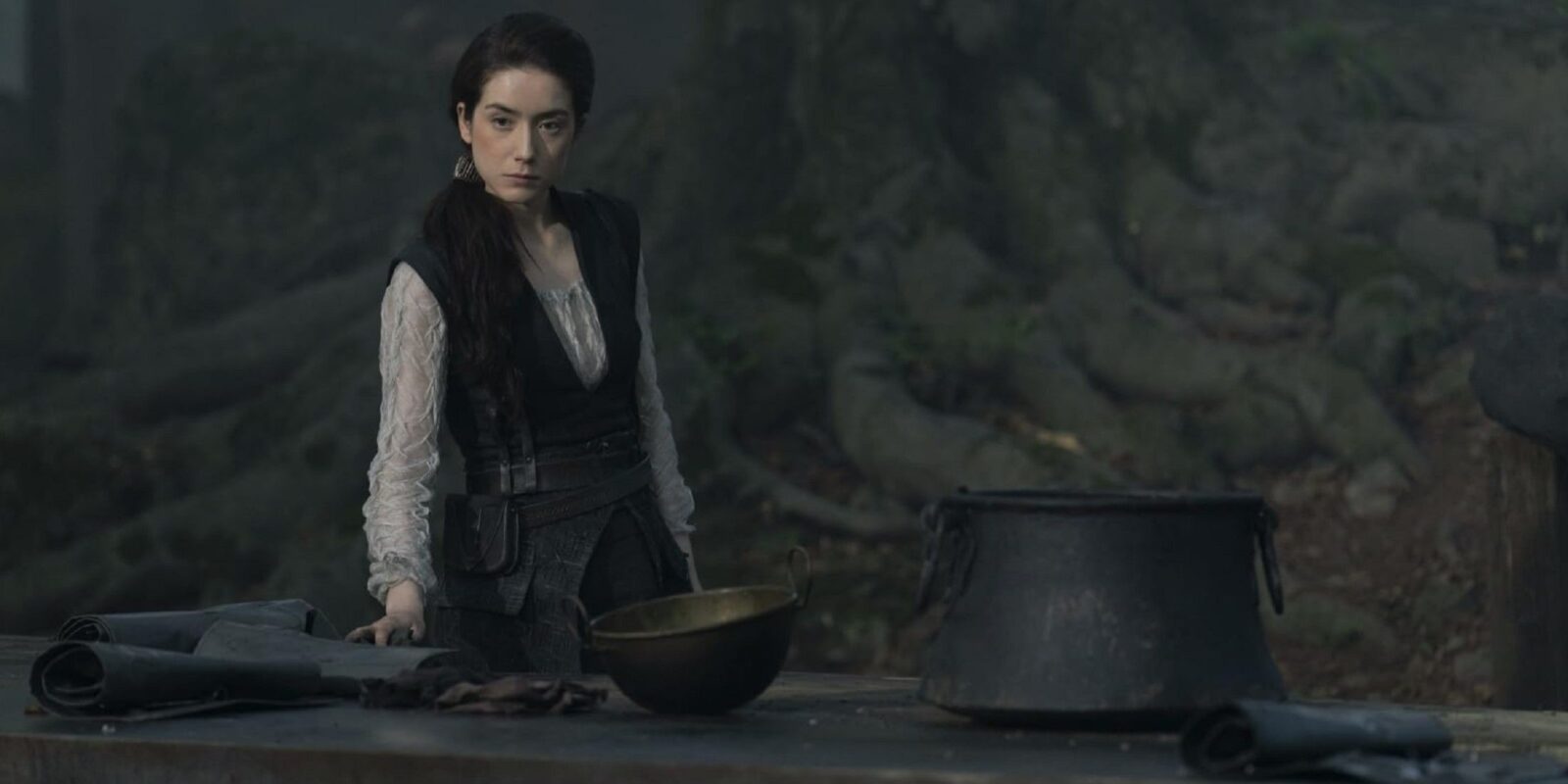

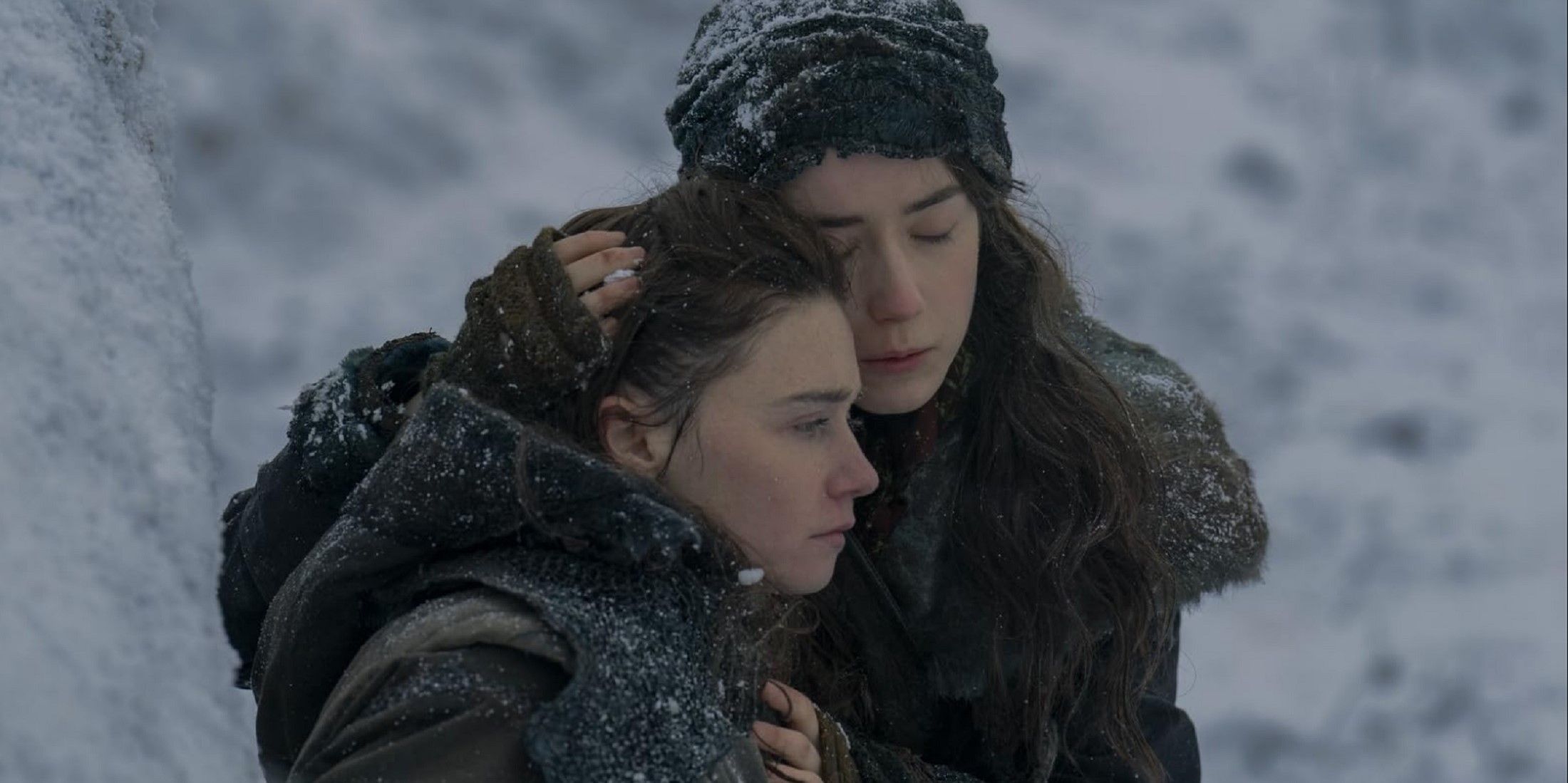
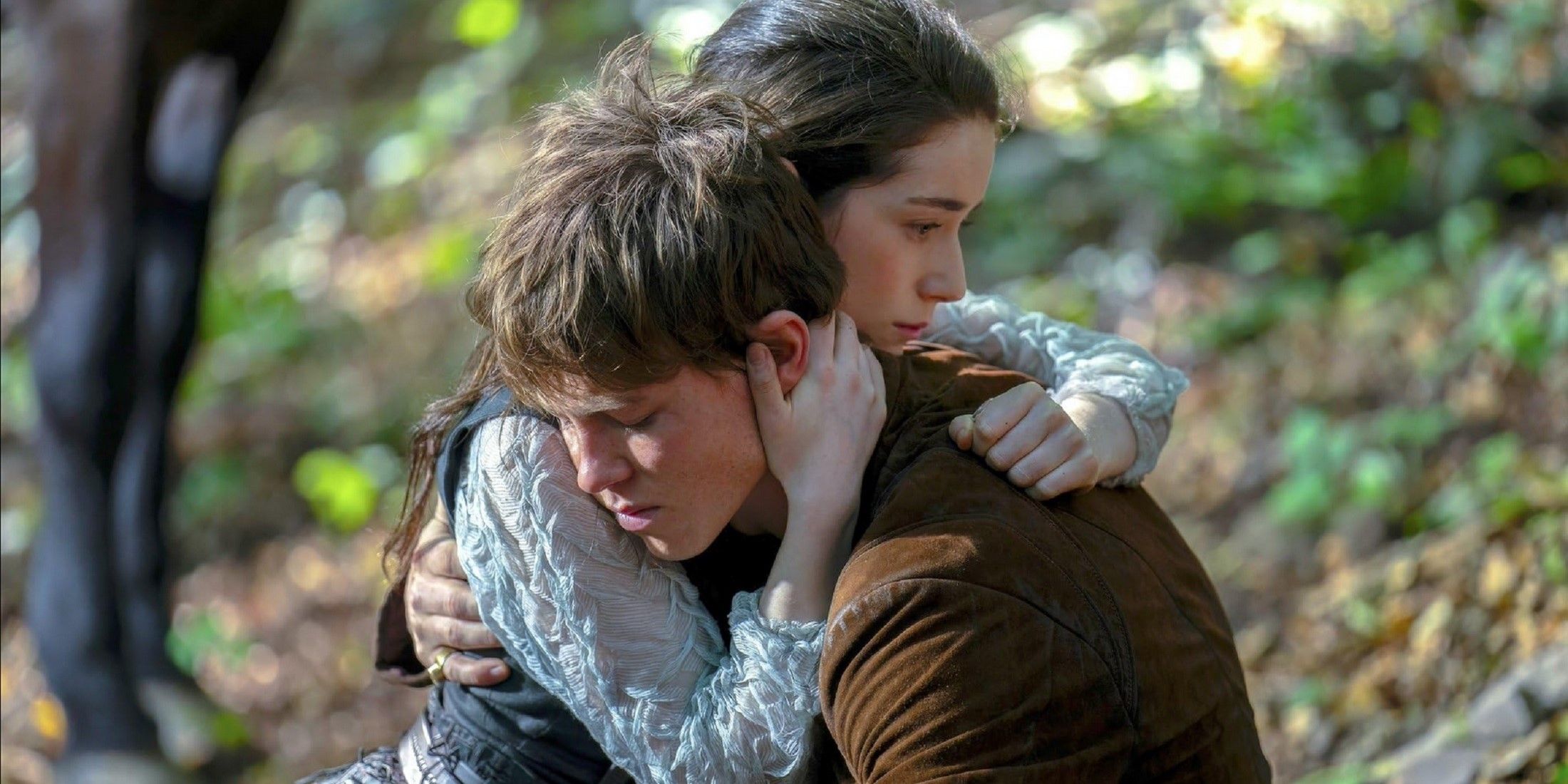
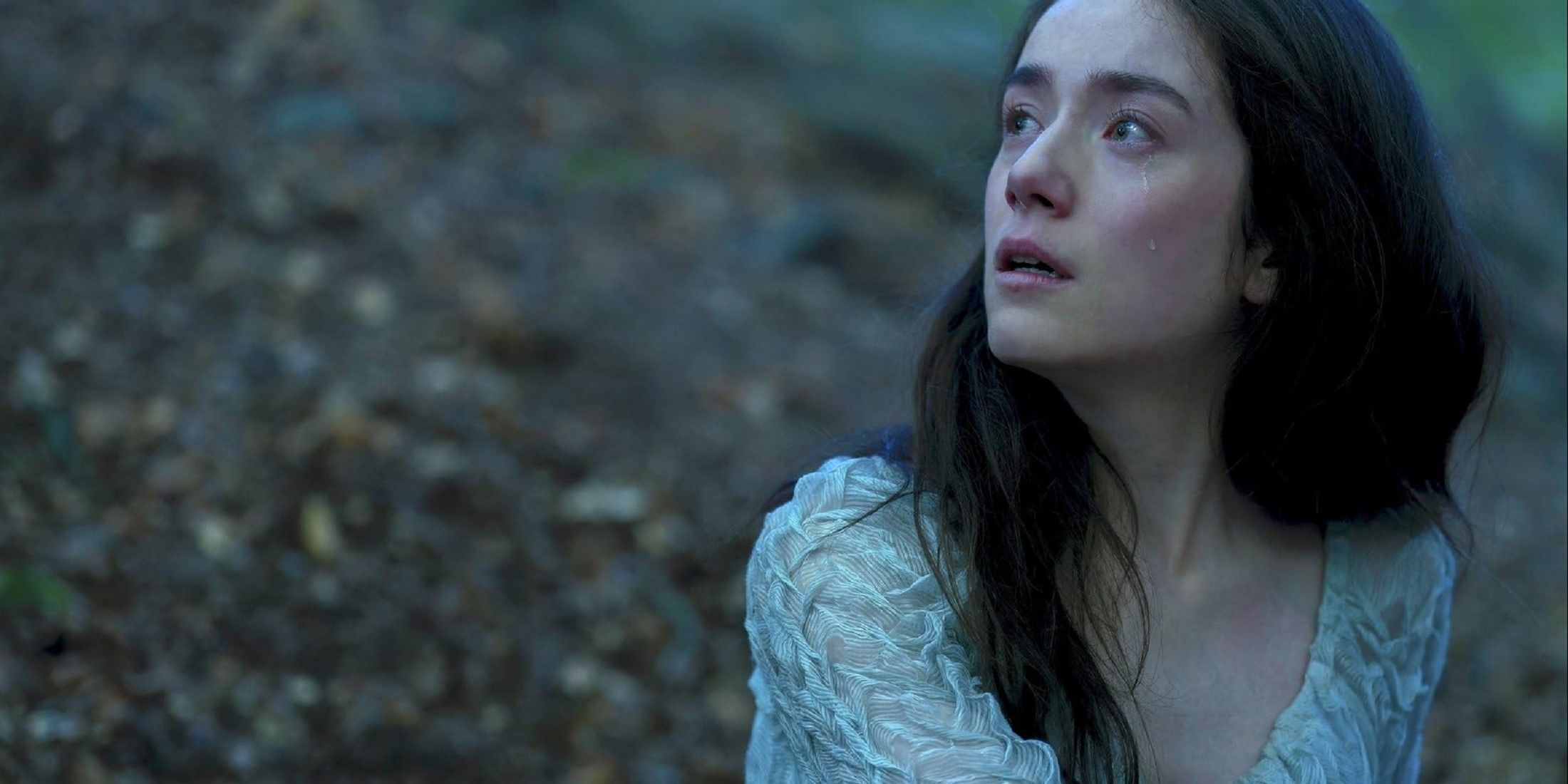
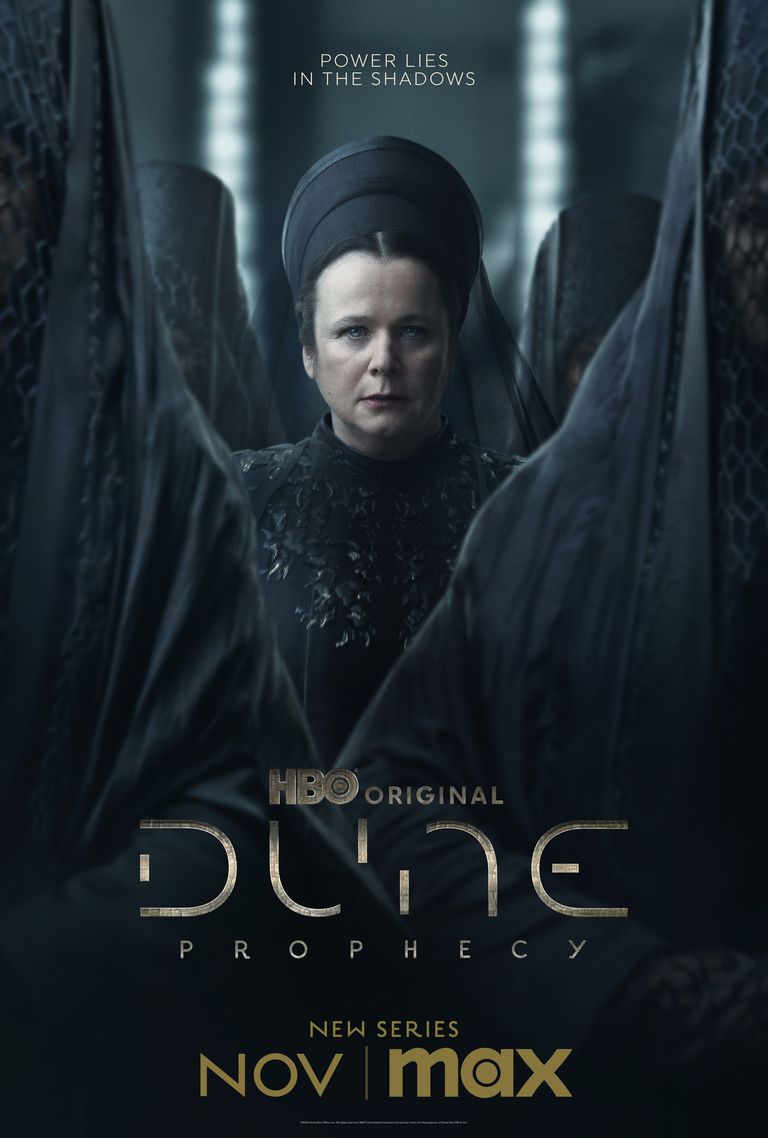








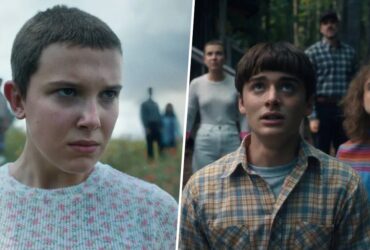

Leave a Reply